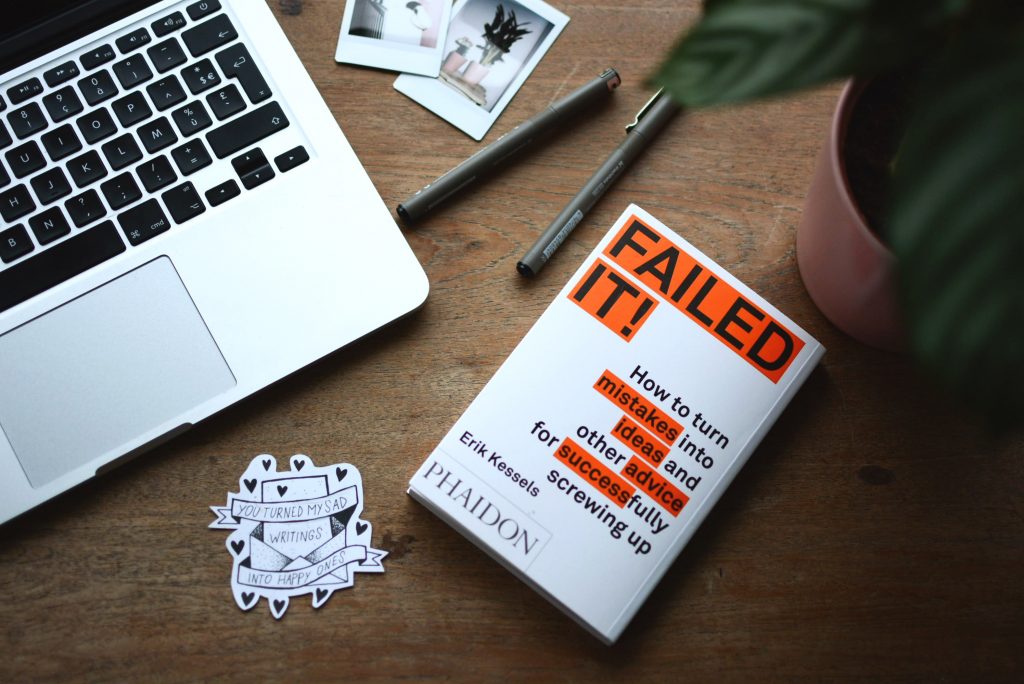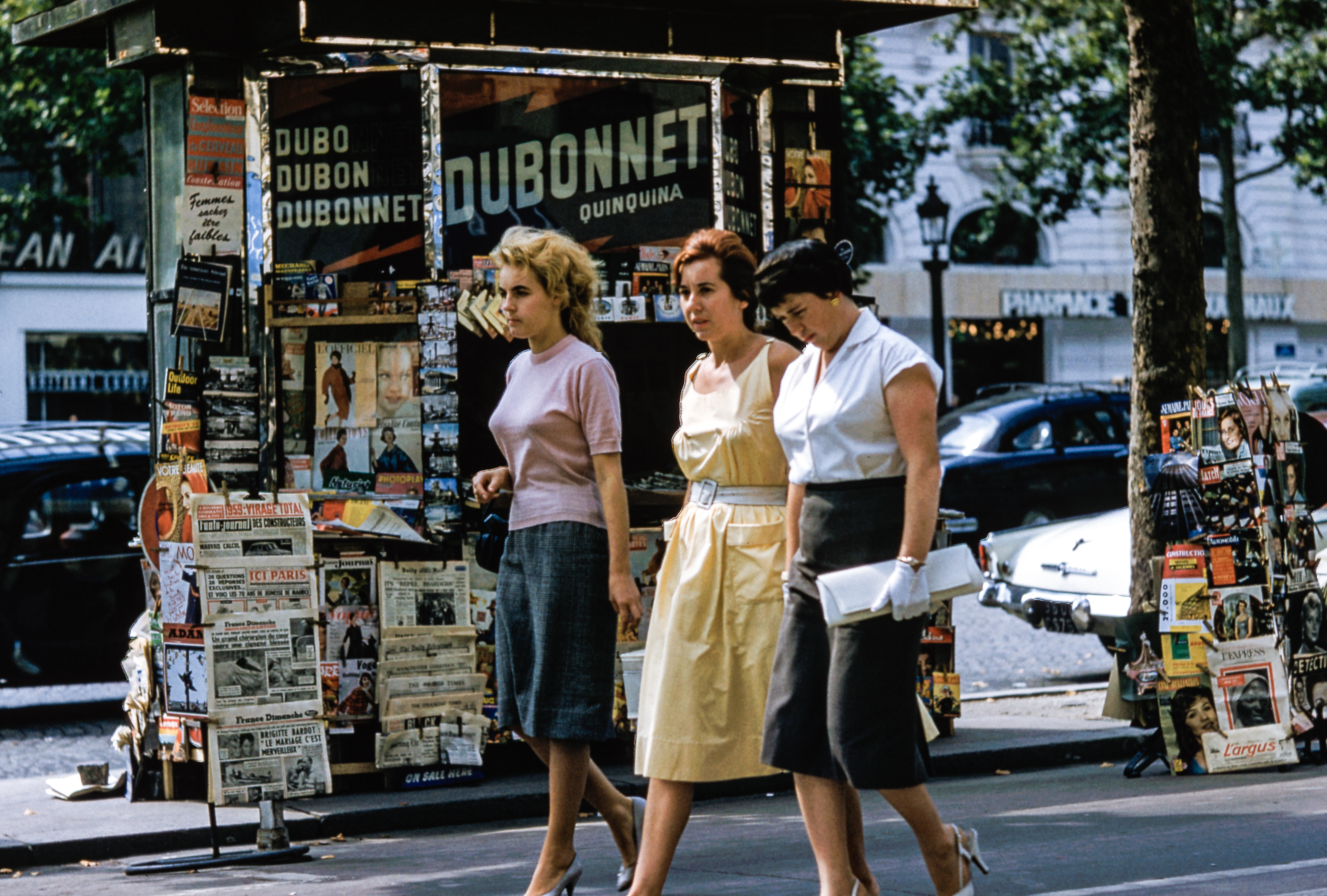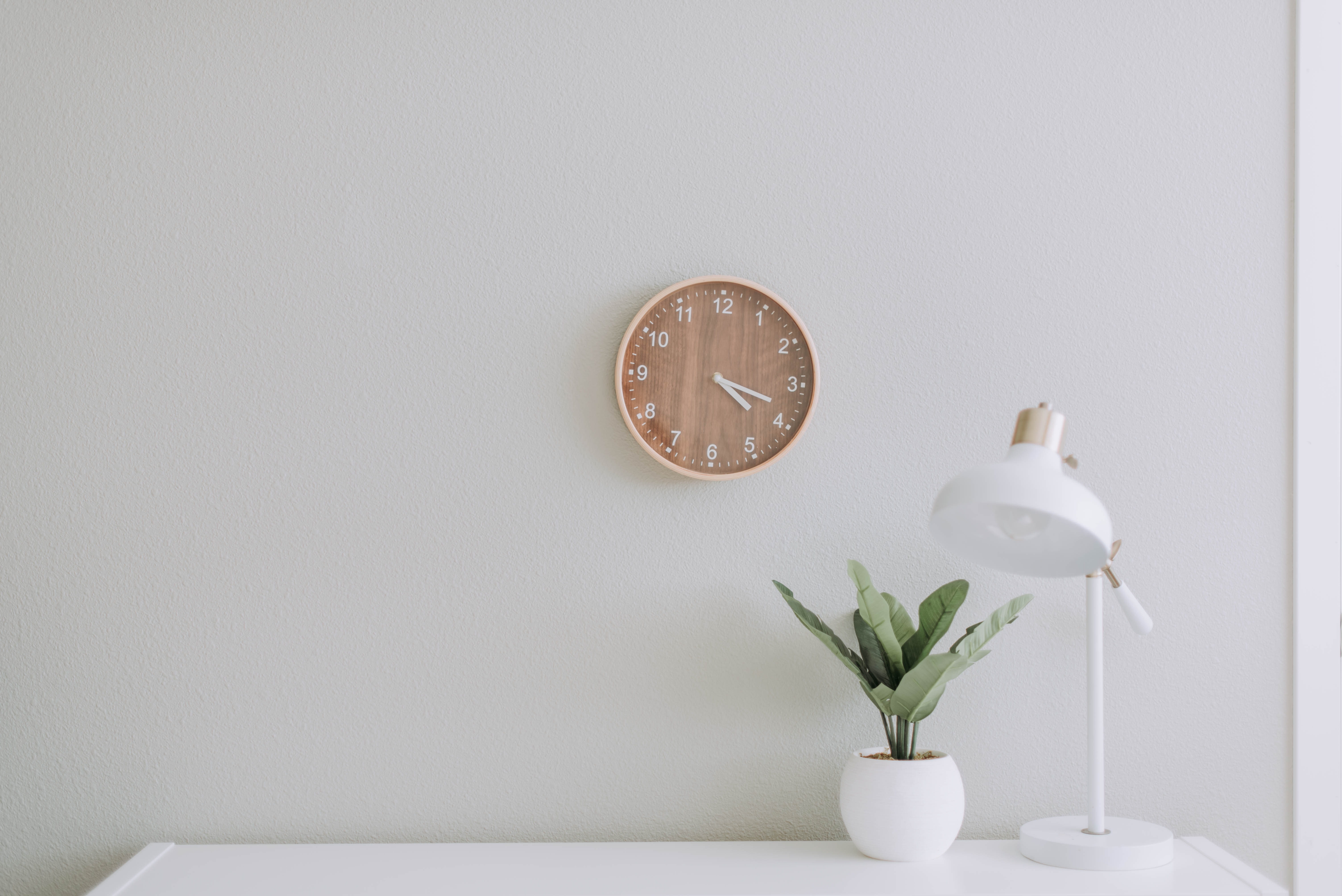
I listened to someone talking about career change yesterday and she mentioned that up until recently it was considered by some as failing.
In my own personal experience, there’s some truth there.
You got the job or started the career, it’s a good job, decent money, nice colleagues, a few benefits.
And then a few years down the line you realise it’s really not for you.
You believe you’re not good at the job. It feels as though you’re not doing well. You don’t have any passion or even any interest in it anymore. Of course that’s a failure. You’re failing. You’re no longer achieving.
I felt like that. I did feel an element of failure, wanting to leave my job of 10 years, the job I’d so loved at the start. If everyone else is happy getting on with it and doing well, why can’t I?
But the thing is of course, staying in a job you don’t like (were you do have the option of leaving) is the failing part. Failing to listen to yourself, failing to be bold enough to live the life you know you really want.
Which is most likely doing a job you enjoy, a job which means something to you.
Listening to others and sticking out a job you dislike for fear of what other people think is failing.
Letting yourself stay miserable and unfulfilled and desperate out of fear of making a change is failing.
The notion of a job for life is on its way out
Things are changing, the notion of staying in a job for life is quite rare now. Lots of people successfully change careers not just once, but two, three times or more. Some of us out there have a ‘multi-hyphenate’ career – combining a mixture of jobs/side projects/collaborations – whatever we need to do to stay fulfilled and bring in some money.
If you want to change career but you’re looking at it as a failure of some sort, I’d say rethink things. What’s the real failure. Can you imagine yourself doing your job in another 1, 5, 10 years? Would you like to do your manager’s job, or director’s job, or CEO’s job? Do you even want to stay in your industry in the future?
If the answer to these questions is ‘no’, maybe it’s time to be true to yourself, and start the process of moving on.
Start by figuring out a few areas of work that interest you, that make you come alive when you allow yourself to dream. Find out more – research, talk to people in that world.
Start making a plan to find a way to test out this new area, step-by-step. Set aside 20 minutes a week to write if you want to be a writer, to translate if you want to be a translator. Take a half-day of leave and job shadow someone. One Saturday morning a week work for free to test out another area.
Look at changing jobs as exploring, experimenting, leading an adventurous life
It doesn’t have to be drastic, it doesn’t have to put you in danger of losing your home and stability. Look at it as learning about yourself, and improving your life. About being brave and bold.
If you’d like to try life coaching with me, to help work out your next steps and start taking action to improve your life, send me an email at joaopoku@gmail.com.
Photo by Estée Janssens on Unsplash


